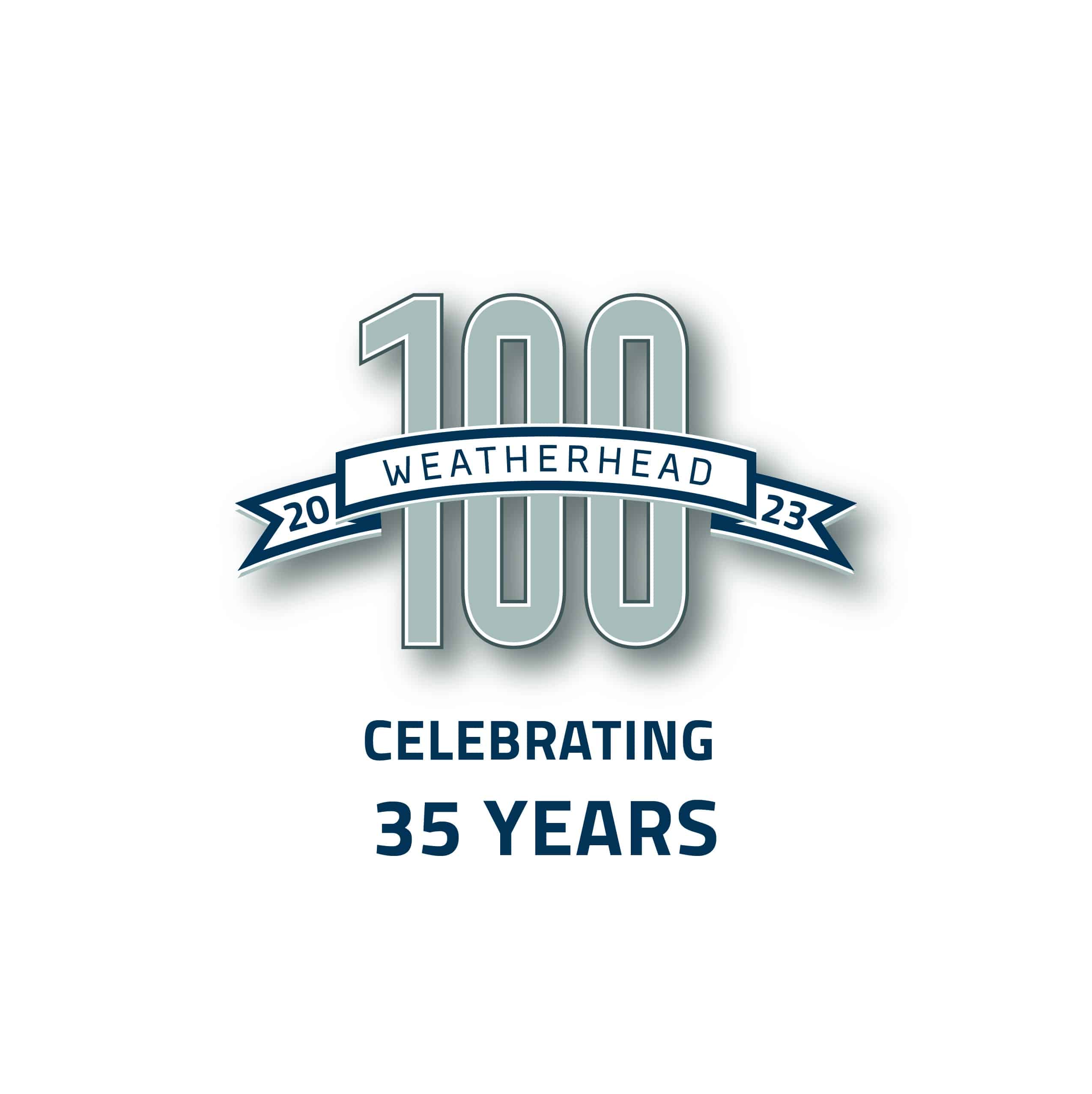Business travel has been picking up again this year. If your manufacturing company has recently resumed travel to visit key customers and suppliers — or is planning to soon — it’s a good time to review the tax rules for business travel deductions.
Business travel expenses defined
An employer may deduct an employee’s “ordinary and necessary” expenses for travel away from home on business. Travel expenses are ordinary and necessary if they’re business-related, reasonable under the circumstances, and not “lavish or extravagant.” Unfortunately, there’s no bright-line definition of lavish or extravagant.
Generally, travel is considered away from home if:
- It requires an employee to be away from the general area of his or her tax home for substantially longer than an ordinary day’s work, and
- The employee can’t reasonably be expected to meet the demands of the work activities without sleep.
Typically, an employee’s tax home is the general vicinity (city and surrounding suburbs) of his or her regular place of business. Special rules apply for employees who work in multiple locations, don’t have a fixed place of business (for example, because they’re on the road most of the time), or are on temporary assignment away from their regular place of business.
Traveling away from home doesn’t necessarily require an overnight stay. Let’s say you drive to a city four hours away, meet with clients and prospects all day, and then catch a few hours of sleep at a hotel before driving back at 10 p.m. Because it would be unreasonable to expect you to make the round trip in one day without rest, you’re considered to be traveling away from home for tax purposes.
Business travel deductions
So, what can employers deduct? Deductible travel expenses include, but aren’t limited to:
- Transportation expenses, such as air, rail, or bus fares, or the costs of operating and maintaining a car,
- Taxi fares or other local transportation expenses,
- Baggage charges,
- Hotel or other lodging expenses,
- Meal expenses (subject to the rules discussed below),
- Dry cleaning and laundry expenses, and
- Telephone or computer rental expenses.
To substantiate these expenses, employees must keep credit card receipts, canceled checks, bills, or other adequate records for all lodging, as well as other travel expenses greater than $75. (Note that some employers require documentation of all expenses.) These records should show the amount, date, place, and essential character of the expense.
Business meal deductions
Ordinarily, business meals are 50% deductible. However, under the Consolidated Appropriations Act, otherwise eligible business meals provided by a restaurant (including carryout) are 100% deductible through the end of 2022.
Employers can deduct the cost of meals employees eat alone when traveling. You’re also permitted to take a deduction for meals if:
- A business owner or employee is present,
- The meal is provided to a business contact (such as a customer, prospect, consultant, or vendor),
- The meal serves an ordinary and necessary business purpose, and
- The meal isn’t lavish or extravagant.
Entertainment expenses aren’t deductible. But employers may deduct the cost of food or beverages provided during an entertainment activity if they’re purchased separately or stated separately on a receipt or invoice.
Allocation of business and pleasure expenses
If you have employees who travel in the United States primarily for business but also spend some time on personal activities, you can deduct the full cost of their airfare or other transportation to and from the destination. However, lodging, meal, and other qualified business expenses are deductible only for the business portion of the trip.
Typically, a trip is considered primarily for business if the employee spends more time on business activities than on personal activities — for example, if the employee spends five days at business meetings followed by a weekend at the beach. If a trip is primarily for pleasure, travel expenses aren’t deductible, although employers may still write off otherwise deductible expenses for business activities during the stay.
Revisit your expense policies
The rules for deducting travel and other business expenses are complex. Instead of deducting actual travel expenses, some businesses simplify the process by providing employees with allowances for lodging, meal, and incidental expenses based on federal per-diem rates. Contact us if you need clarification on business travel deductions.
© 2022
Related Insights
Featured Post

Featured Client Testimonials
BW is a true partner to us. Their knowledge, expertise, and service are a valuable resource to us and play an important role in our success!
John Allen - Vice President of Finance, Kaufman Container

Featured Client Testimonials
I appreciate the exceptional tax advice we received over the years. The (BW team) has a good grasp of our business needs. Thank you for your excellent service.
John Griffiths - Owner, Rae Ann, Inc.

Featured Client Testimonials
The BW team has been fantastic to work with; both the team member at our office as well as at the partner level. Any issues or concerns are handled very efficiently and effectively.
Kelley Needham - Chief Executive Officer, Epilepsy Association

Featured Client Testimonials
Barnes Wendling has been our company accountants for over seven years. Their knowledge has been instrumental in helping us grow strategically during this time. And although we’ve seen many changes in our economy that we cannot control, we’ve always been able to trust the Barnes team to be by our side. The Barnes team feels like family. We can’t thank them enough for their support!
Christine Kloss - Controller, AT&F

Featured Client Testimonials
Barnes Wendling has been our company accountants for over 15 years. During this time, the business has grown exceptionally, and Barnes has kept pace, providing accurate, quality advice. Our finances are more efficient than ever, and the expense of hiring Barnes has been a definite positive add to our bottom line. I give my highest recommendation to their firm.
David Miller, MD - President, Retina Associates of Cleveland

Featured Client Testimonials
Barnes Wendling has provided us guidance and recommendations that have strategically helped strengthen our business and position ourselves for growth. We needed to hire a new VP of Finance and Controller this past year, and they were instrumental in helping us find the best candidates for our company.
Sara Blankenship - President, Kaufman Container

Featured Client Testimonials
We value the trust, accuracy of information, and reliability of Barnes Wendling and Mike Essenmacher personally. Mike has been instrumental as a trusted advisor on accounting, tax, and personnel issues. His advice is always accurate, and he is very reliable. His associates are also very talented.
Dominic Ozanne - President and CEO, Ozanne Construction Company

Featured Client Testimonials
We value Barnes Wendling’s expertise with all things accounting so we can operate our business using our strengths and allowing them to be our experts. They have also brought me a few business sale opportunities to allow me to grow my assets.
John Gaydosh - President and Metallurgical Engineer, Ohio Metallurgical Service

Featured Client Testimonials
Barnes Wendling (especially Lena) did a great job with our financials. Everything. It is extremely refreshing and comforting to know that all of our numbers are not only correct, but they are in the right place(s). Your diligence and reporting truly does make me (personally) feel better.
Thomas Adomaitis - Controller, Bialosky Cleveland

Featured Client Testimonials
I can wholeheartedly tell you that I have yet to work with an audit or tax team that have been more helpful, easy to work with, and committed than the team at Barnes Wendling- I have been through three different firms in the last few years.
Michelle Saylor, Former Controller, Aero Mag

Featured Client Testimonials
Floyd Trouten at Barnes Wendling CPAs is an “expert’s expert” when it comes to M & A accounting. Not only does he understand the evolving details of the Tax Code but he also sees the fine points of their application for owners, managers, investors, and financiers.
Mark A. Filippell, Western Reserve Partners

Featured Client Testimonials
The service is amazing at Barnes Wendling CPAs. The benefit is worth more than the cost. Sometimes it’s true that you get what you pay for.
Mark Boucher - Former Owner, Castle Heating & Air









